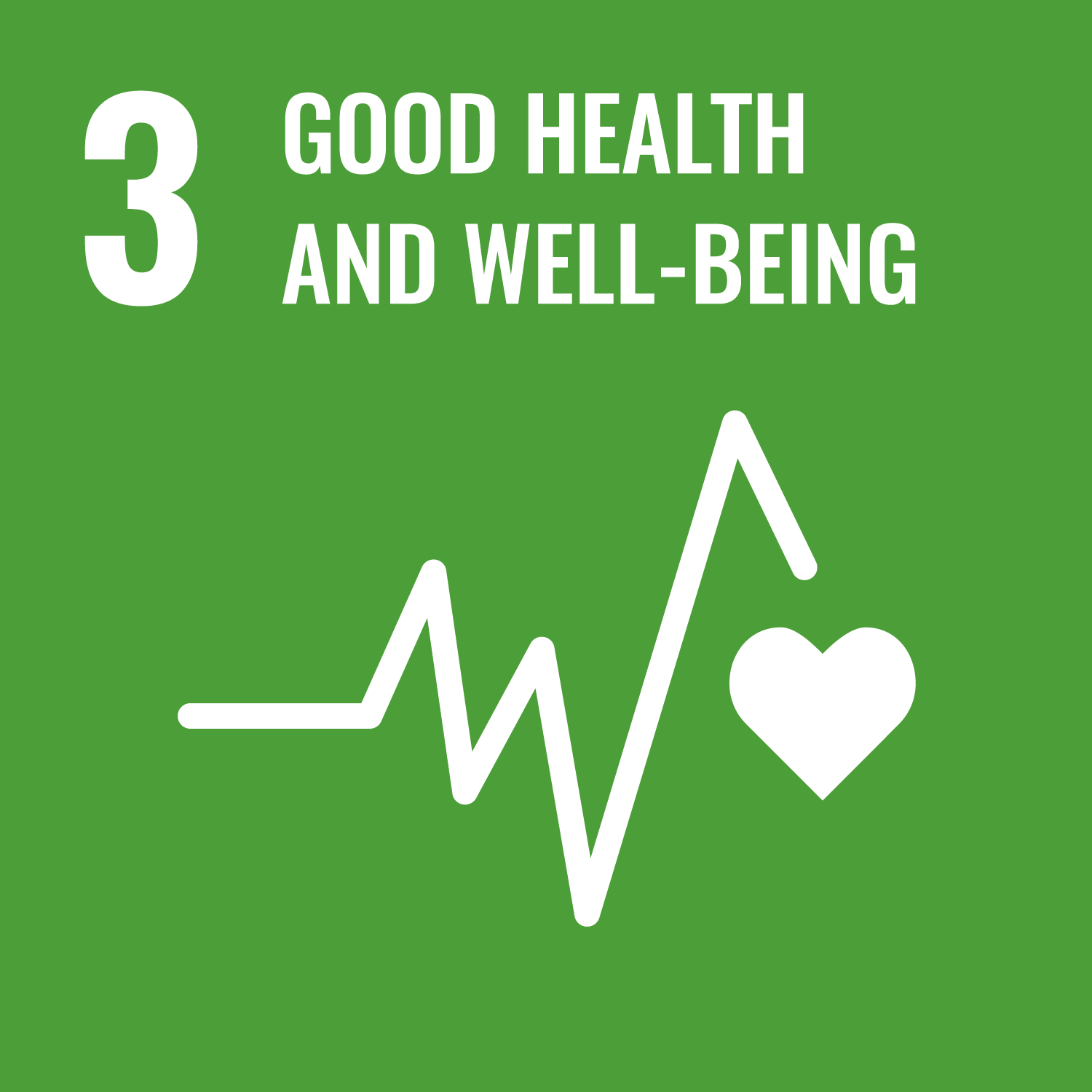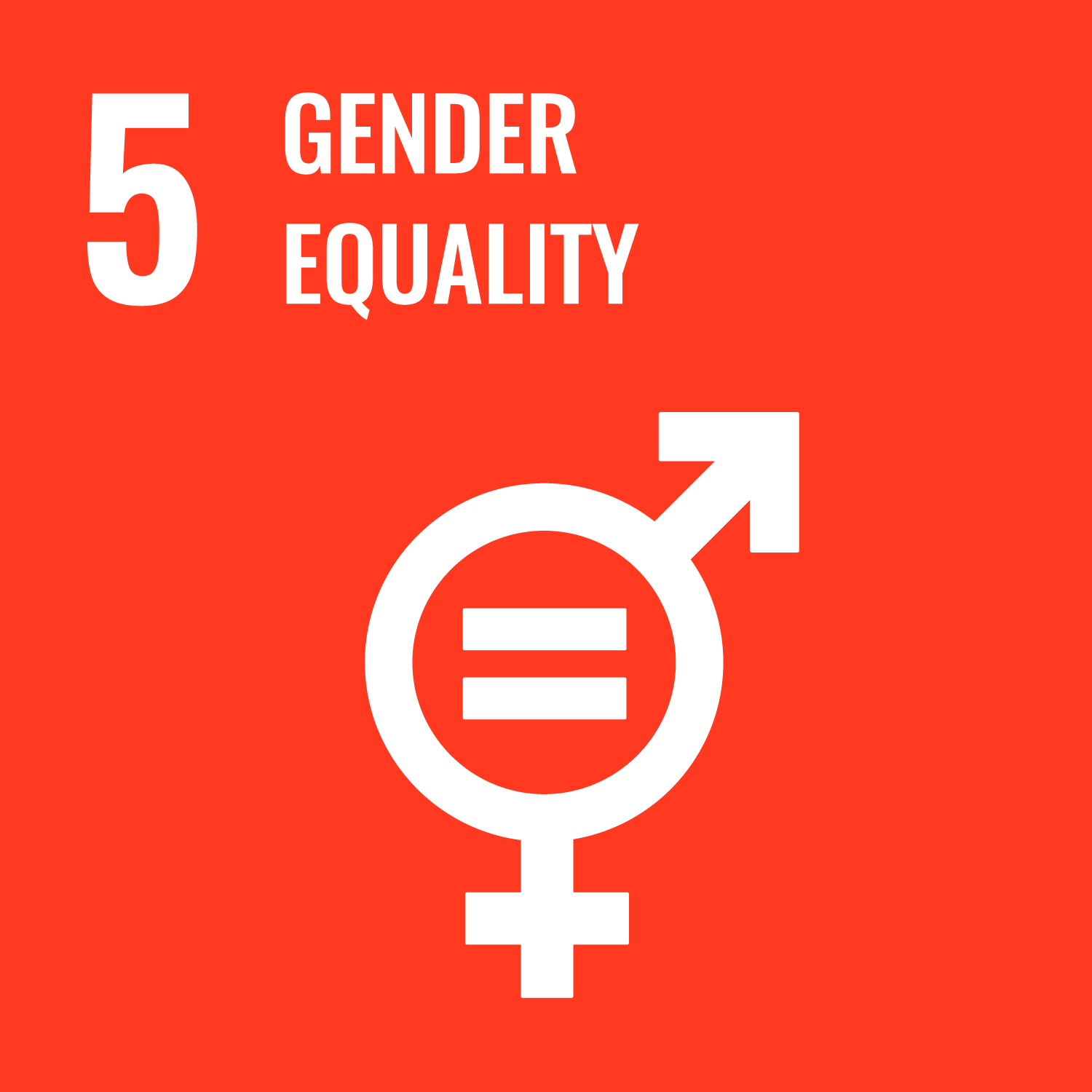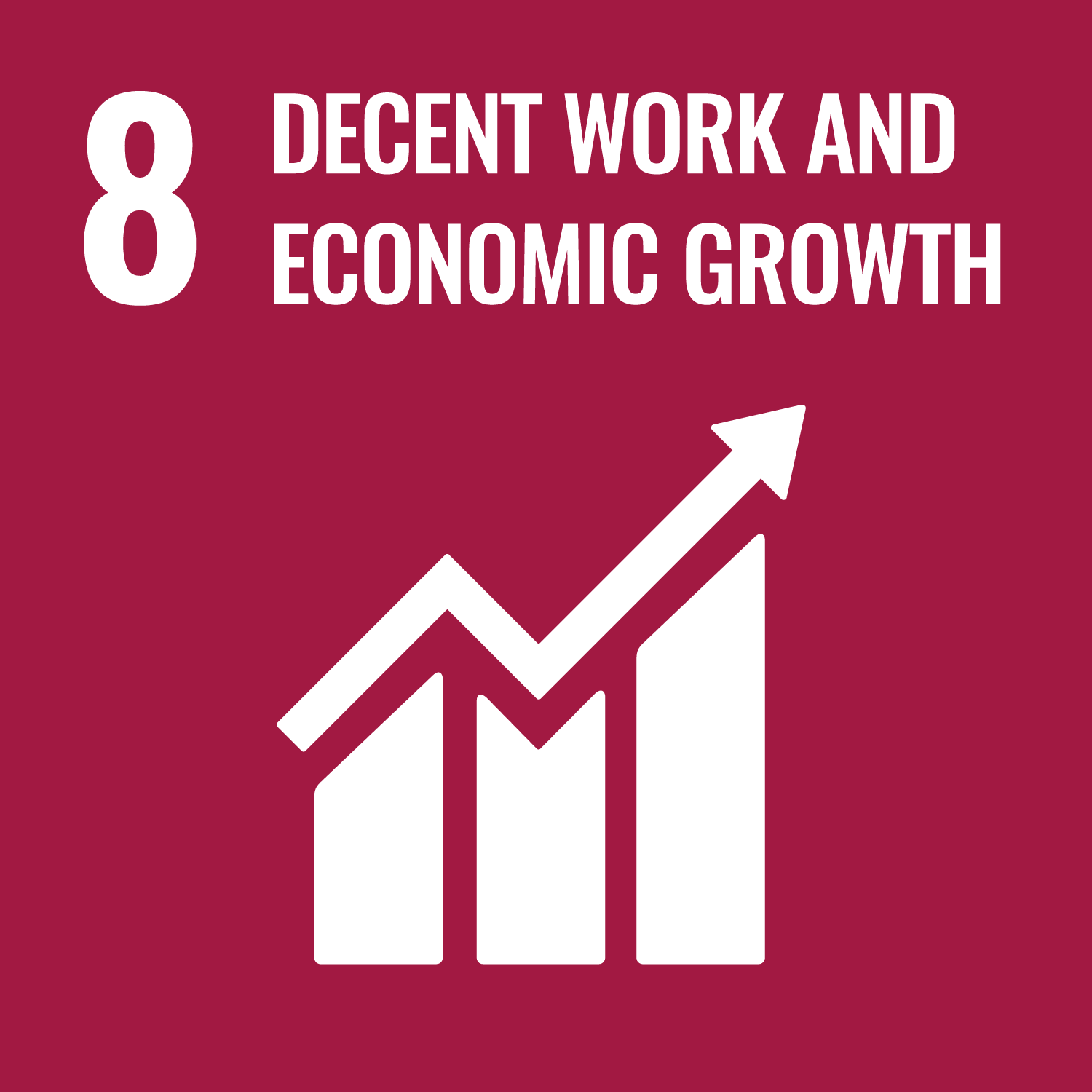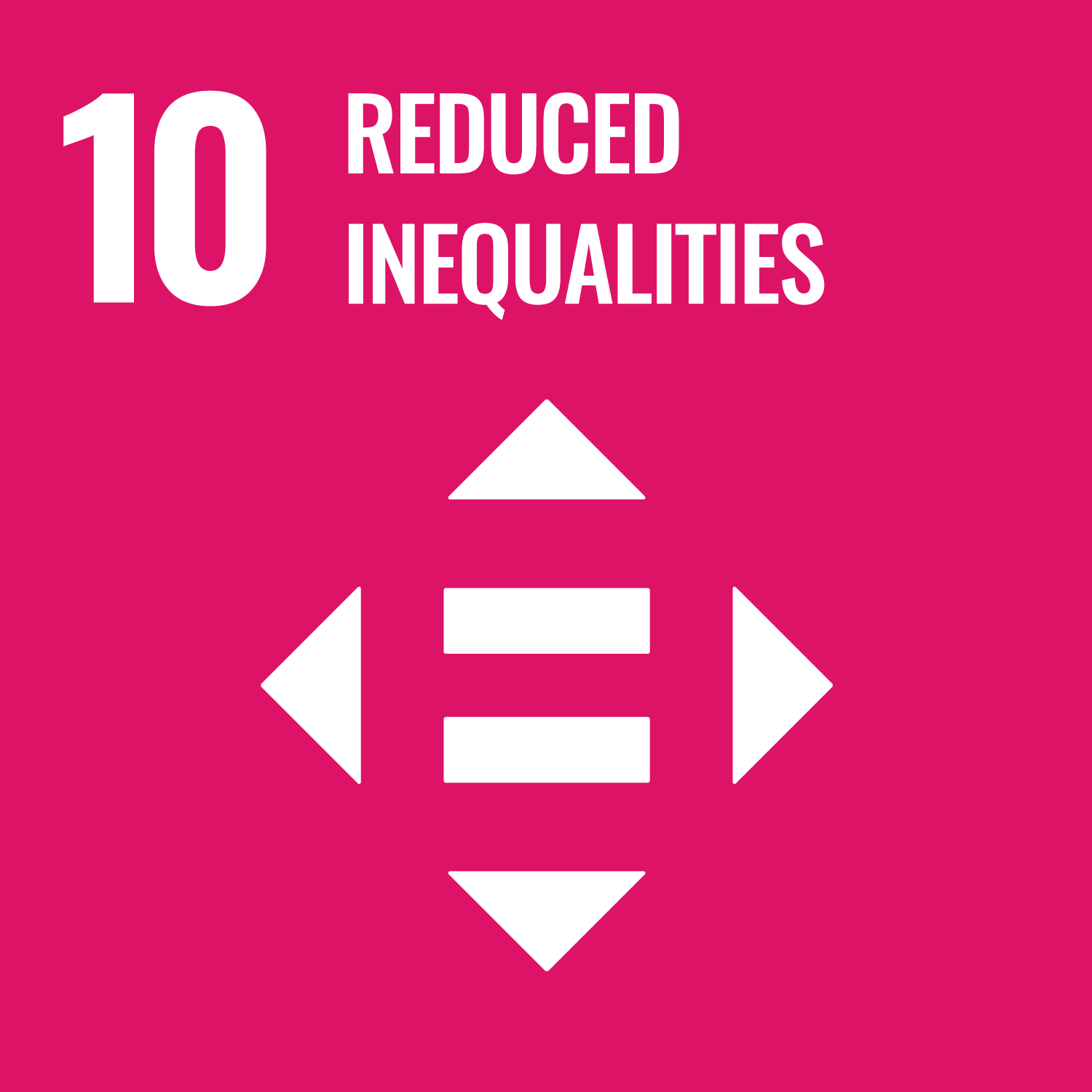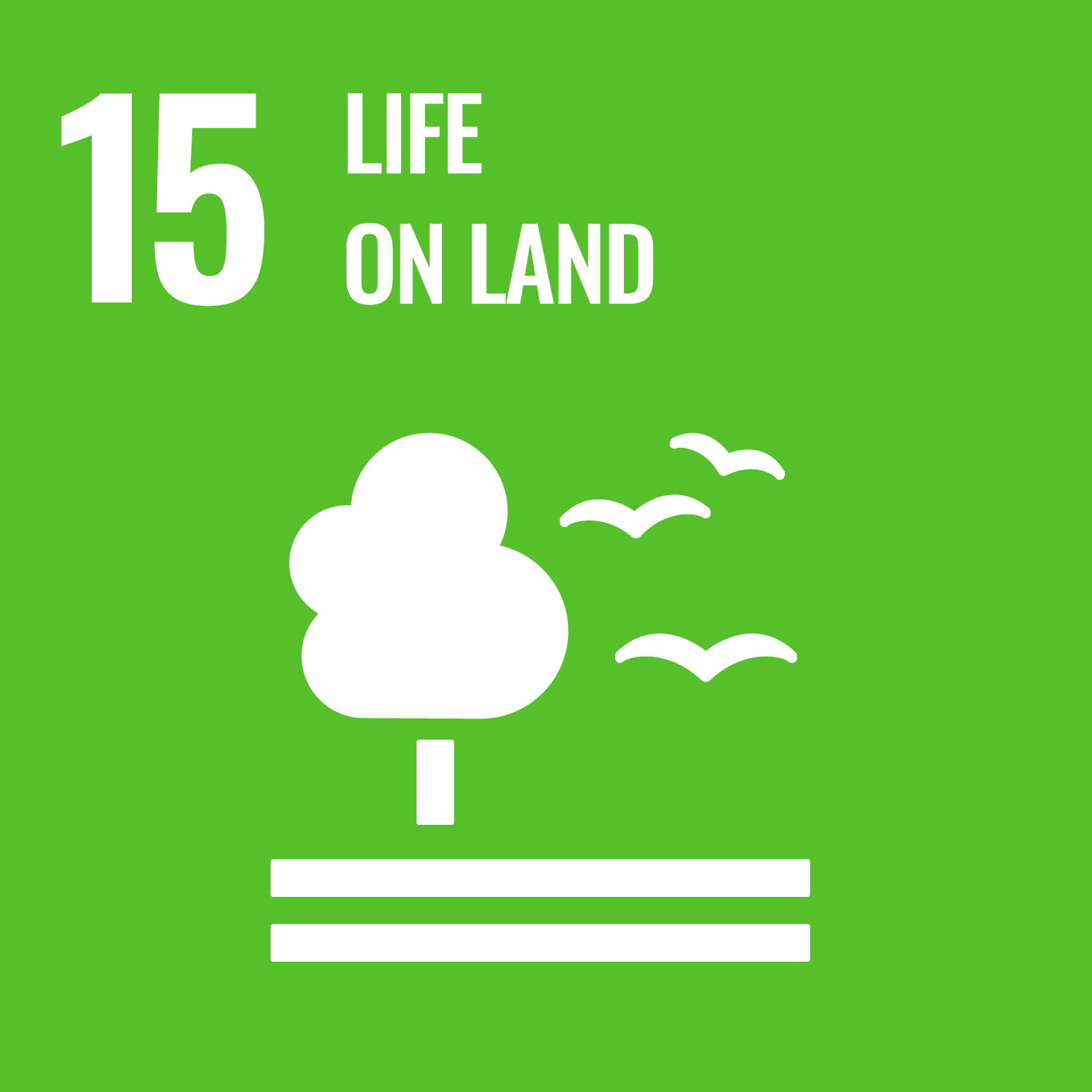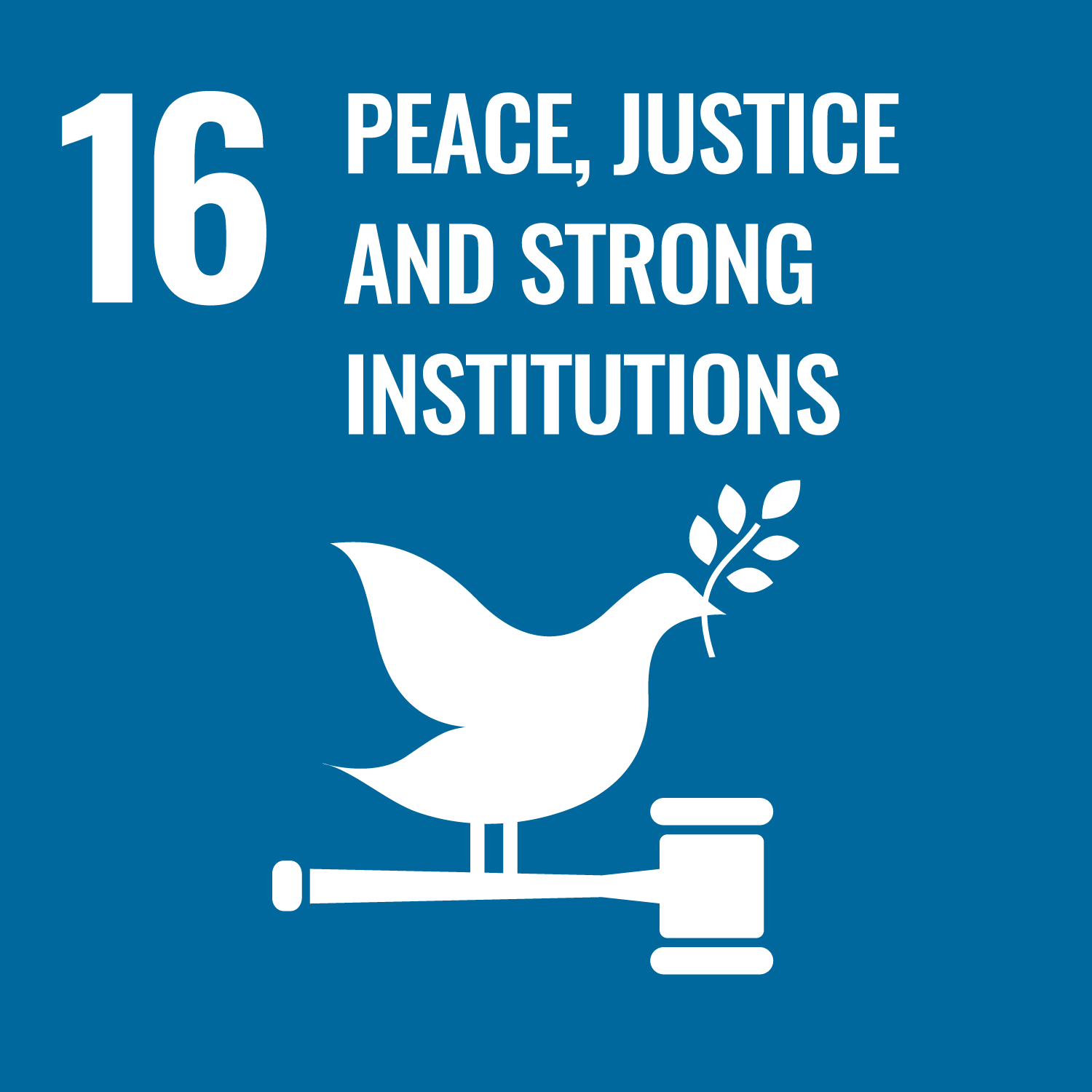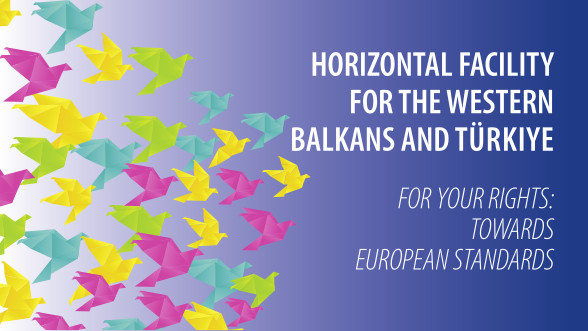Serbia
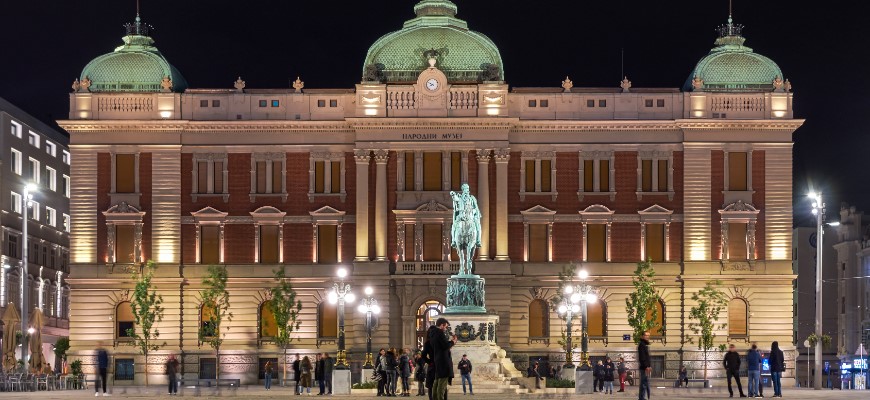
Serbia has benefited from the Council of Europe co-operation programmes since 2002. In this respect, the Council of Europe has supported Serbia to advance its reform agenda, ensuring compliance with Council of Europe standards and advancing the European Union accession process. In close co-operation with the Serbian authorities, support has been provided to the reforms in the following key areas: the rule of law, judiciary, human and minority rights, freedom of expression and freedom of the media, prisons and police education and preventing money laundering and terrorist financing. The Council of Europe Office in Belgrade ensures the necessary co-ordination between headquarters and national stakeholders, as well with international partners present in the field.
The co-operation with Serbia was further streamlined through the European Union/Council of Europe Horizontal Facility for the Western Balkans and Türkiye, a flagship instrument launched in May 2016. The third phase of the programme is currently under way (2023-2026), within which six actions are being implemented in Serbia. The initiatives are contributing to reforms in the penitentiary system, enhancing judicial practice to meet European Convention on Human Rights standards, strengthening the implementation of Council of Europe Convention on Action against Trafficking in Human Beings recommendations, and improving adherence to European standards in freedom of expression and freedom of the media. Accordingly, the capacity of national and local stakeholders has been enhanced to better address issues relating to anti-discrimination, while schools, local communities and relevant education institutions have been supported in fighting discrimination in education.
Serbia also benefits from the European Union/Council of Europe Joint Programme “Support for the implementation of judicial reform in Serbia”, which contributes to the process of consolidation of the rule of law in Serbia by supporting the advancement of reforms of the justice system through the development of the legislation and practices relevant for the judicial independence, accountability, access to justice, judicial training and harmonisation of judicial practice.
The Council of Europe also supports Serbia through voluntary contributions. The project “Preventing money laundering and terrorist financing in Serbia“ is implemented with the assistance of the Swedish International Development Co-operation Agency and supports Serbia in addressing systemic challenges in combatting money laundering and the financing of terrorism. With the project “Citizenship and human rights education with young people in Serbia”, the Council of Europe supports the access of young people to a democracy and human rights education. It is funded by Belgium and the Council of Europe’s ordinary budget.
Serbia also plays an active role in the regional actions of the Horizontal Facility that aim to: enhance regional co-operation in managing violent extremism in prisons, improve the quality and sustainability of justice through the Council of Europe flagship initiative based on CEPEJ methodology Dashboard – Western Balkans II, fight economic crime, promote equality and combat racism and intolerance, strengthen women’s access to justice and protect freedom of expression and freedom of the media.
Furthermore, Serbia also benefits from three additional European Union/Council of Europe regional Joint Programmes in South- East Europe: the iPROCEEDS 2 programme which reinforces the capacity of the authorities to search, seize and confiscate cybercrime proceeds, prevent online money laundering and secure internet evidence, the ROMACTED II programme that supports the promotion of good governance and Roma empowerment at a local level, and the recently launched Joint Programme on Roma integration, which began in May 2023, further enlarging the scope of this intervention in the region.
Through the implementation of the aforementioned programmes and actions, the Council of Europe has contributed to the UN 2030 Agenda for Sustainable Development by supporting the United Nations Sustainable Development Goals (SDGs), notably SDG 3 (target 8), SDG 4 (targets 1, 5 and 7), SDG 5 (targets 1, 2, and c), SDG 8 (target 7), SDG 10 (targets 2 and 3), SDG 15 (target 7) and SDG 16 (targets 1, 2, 3, 4, 5, 6, 7, 10, a and b).
More information: Overview of the Council of Europe Contribution to the UN 2030 Agenda.



